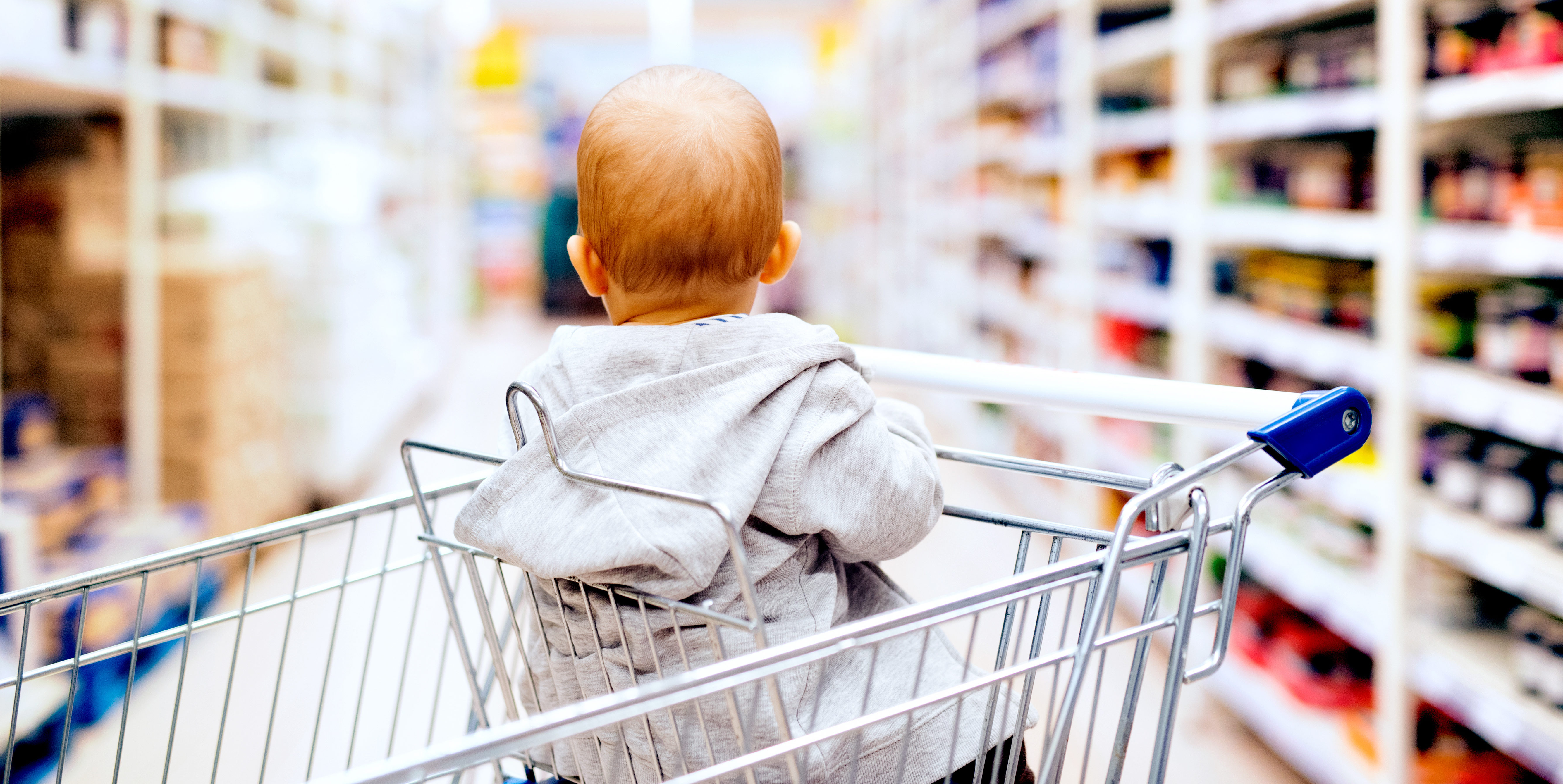Seattle, WA – Toxic chemicals linked to cancer, hormone disruption, reproductive problems, and neurological problems remain in kids’ products sold in Washington state, according to an analysis of new reports filed by manufacturers of kids’ products with the Washington State Department of Ecology (Ecology). Kids can be exposed to the chemicals when they use the products or when the chemicals escape the products into the air and house dust and people breathe or ingest them.
Ecology recently made public more than 8,700 new reports of harmful chemicals in kids’ products sold or offered for sale in the state from September 1, 2017 to December 31, 2018. The reports are required under Washington state’s ten-year old landmark chemical reporting law called the Children’s Safe Products Act (CSPA).
An analysis of the reports by Toxic-Free Future has found 182 companies, including Greenbrier International (Dollar Tree), Claire’s, Target, Hasbro, The Gap, and Little Tykes, filed reports for 84 different chemicals of concern for kids’ health, including toxic flame retardants (206 reports), phthalates (998 reports), and alkylphenols (224 reports). Each report filed can represent hundreds or thousands of products for sale in Washington.
Examples of products reported to contain toxic chemicals of a concern to children’s health include:
- “Lip Cosmetics” from Claire’s: hormone-disrupting phthalate DEHP.
- “Sleepwear” and “Sleep Trousers” from The Gap reported to contain phthalate DEP in the highest concentration reporting range.
- “Prams/Pushchairs/Strollers” containing the flame retardant TPP in the highest concentration range reported by Target.
- “Board Games” made by the toy company Hasbro: the flame retardant IPTPP, in the highest concentration range.
- “Fancy Dress Costumes” from Jakks Pacific reported to contain nonylphenol in the highest concentration range.
“This is a record number of new reports of toxic chemicals in kids’ products. It’s good the companies are reporting but these chemicals have no business in products designed for kids. We have ten years of data on chemicals in products. The reports shouldn’t be a shock to anyone. The state legislature should give the agency the tools it needs to stop harmful chemicals from polluting our homes, waters and children’s bodies,” said Toxic-Free Future Executive Director Laurie Valeriano.
Since the CSPA reporting began in 2012, more than 63,000 reports have been filed and made available to policymakers and consumers.
The Washington State Legislature is considering a bill this session to authorize the Department of Ecology to take actions to reduce the use of chemicals in consumer products that are of particular concern to vulnerable populations, like children and pregnant women, and sensitive species like orcas and salmon. The Pollution Prevention for Our Future Act (SSB 5135) is sponsored by Sen. Christine Rolfes (D-Bainbridge Island) and passed out of the Senate Ways & Means Committee last week. A companion bill, HB 1194, was introduced by Rep. Beth Doglio (D-Olympia).
Many of the same chemicals reported in children’s products also impact the health of salmon, forage fish, and orcas. A key source of these chemicals is the same too – chemicals intentionally put in consumer products. These chemicals escape out of products into dust and air in our homes, travel through wastewater, and out into the environment.
“Kids and orcas are in the same boat when it comes to toxic chemicals. The state legislature should pass the Pollution Prevention for Our Future Act and direct Ecology to take action on chemicals we know can harm the most vulnerable populations like babies and orcas,” said Valeriano.
More information on the Pollution Prevention for Our Future Act is available at https://toxicfreefuture.org/pollution-prevention-act.
A searchable database of chemical use reports filed with the Washington State Department of Ecology is available at http://www.ecy.wa.gov/programs/swfa/cspa/search.html.

